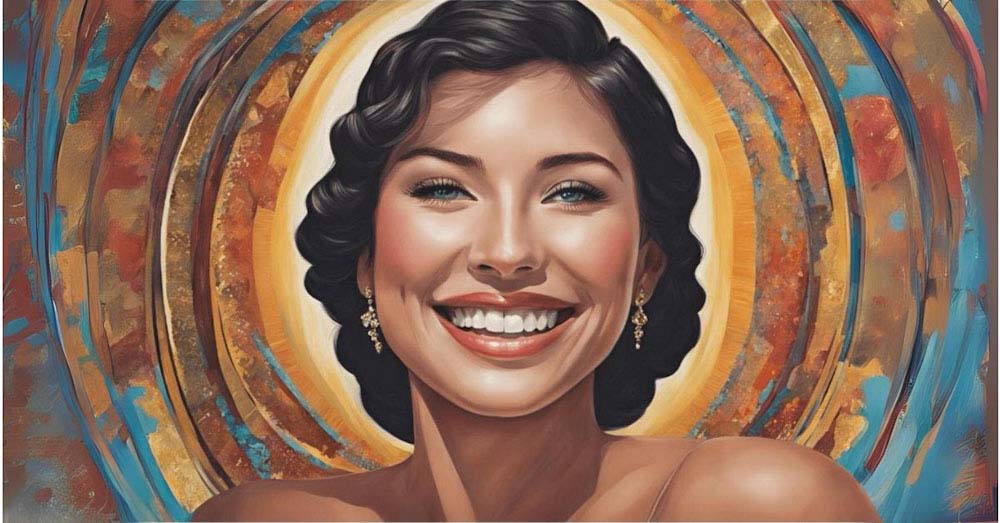
Above everything in life, we want to be happy, suggesting that happiness is the #1 goal in life. However, most people don’t know what happiness is (aka the definition of happiness) and therefore they don’t know how to become happy, being unsure what to aim for. Respectfully, this is exactly the reason why so many people are unhappy, depressed, stressed, anxious, and face a host of other common problems today. However, a significant part of this negativity can be avoided if we can answer the question, “what is happiness?” correctly and fully.
Indeed, most people never properly answer this question and misattribute happiness to things like money, cars, family, parties, etc. However, you just need to find a few people who already have all these things to realize that this isn’t the solution to happiness. In this way, people are looking for happiness in all the wrong places, and as we will see shortly, this materialistic modern-day approach to the search for happiness just makes everything worse.
To fix this, today we will answer the age-old question of “what is happiness?” by defining happiness and exploring its various aspects. We will consider it as a universal concept that can be applied to all, rather than being subjective and individualistic. In doing so, you will discover reasons why many people are unhappy and learn ways to address their unhappiness. Additionally, you will have the opportunity to implement a happiness formula in your personal life, at work, and even in the global political context. This will enable you to experience lasting happiness without the need for further contemplation about what happiness is and how to be happier.
Happiness Is Not Subjective or Individualistic
Ask anyone what is happiness and they are likely to give you a different answer, suggesting that happiness is subjective and individualistic. However, we shouldn’t ask a poor person how to be rich, or an unhealthy person how to be healthy. In a similar way, we should not ask unhappy people what it really takes to feel happy, as if they knew, they would already be happy. Conversely, we should ask people who already unconditionally happy what is happiness, as often their answer will surprise.
In this way, as one of the happiest people in the world and happiness coach, I argue for the existence of only one definition of happiness that is universally applicable to individuals, governments, corporations, and all other life situations. Following this definition and formula for happiness would lead to the maximum amount of happiness for everyone in any scenario. I call this Optimal Happiness.
Happiness is the #1 Goal
Happiness is a universal pursuit, which is another way of saying that everyone is looking for happiness in one way or another. Aristotle stated that happiness is actually the #1 goal in life, and everything we do is for the sake of being happy.
If you were to ask people “what is happiness,” it is likely that you would hear different answers. For example, some people may say that happiness is:
- Being married or divorced;
- Being employed or unemployed;
- Having a lot of money or just enough;
- Having many friends or a few good ones;
- Living in a big city or in the countryside; or
- Eating ice cream or forgoing all milk and sugar product.
As you can see already there is:
- A lot of confusion about what happiness can be;
- People often have completely opposing points of view regarding what happiness is; and
- The list of things that happiness can be is as long as the list of human desires – in other words, it is infinite.
It’s almost as if there are 8+ billion definitions of happiness, as many as there are people on Earth today. It is not surprising that we consider happiness “subjective” and unique to each and every one of us.
However, Leo Tolstoy once said that:
All happy families are alike, and each unhappy family is unhappy in its own way.
I agree with his statement, as “all happy families are alike” because all truly happy families are doing very similar things to experience happiness. They are following one overarching definition of happiness and optimizing their lives around its elements in order to be happy.
In this way, this one overarching definition of happiness contains all 8+ billion definitions of happiness. Every other definition of happiness is contained within this overarching definition, as if the 8+ billion people are trying to complete the same puzzle, but they have some, but not all, of the puzzle pieces.
However, “each unhappy family is unhappy in its own way” because if we disregard or violate even one part of this happiness formula, that happiness becomes that much more difficult to achieve. Unfortunately, most people disregard or violate several parts of the happiness formula. As a result, people feel unhappy and try to fix their unhappiness by doing various things, once again looking for happiness in 8+ billion different ways.
This is when we start to hear people say things like “happiness is elusive” and “no one can truly be happy,” when in reality they are just following wrong or incomplete definitions of happiness.
What is Happiness: Short and Easy
Happiness is a positive emotion connected to our overall long-term sense of well-being.
As mentioned above, this definition of happiness is short and easy, so next, we will unpack why happiness is defined this way and not something else. We will explore why specific words were used to describe happiness, such as happiness is:
- An emotion
- A positive emotion
- Connected to our sense of well-being
- Best experienced over the long-term rather than the short-term
- The difference between what we have and what we want to have
1. Happiness is an Emotion
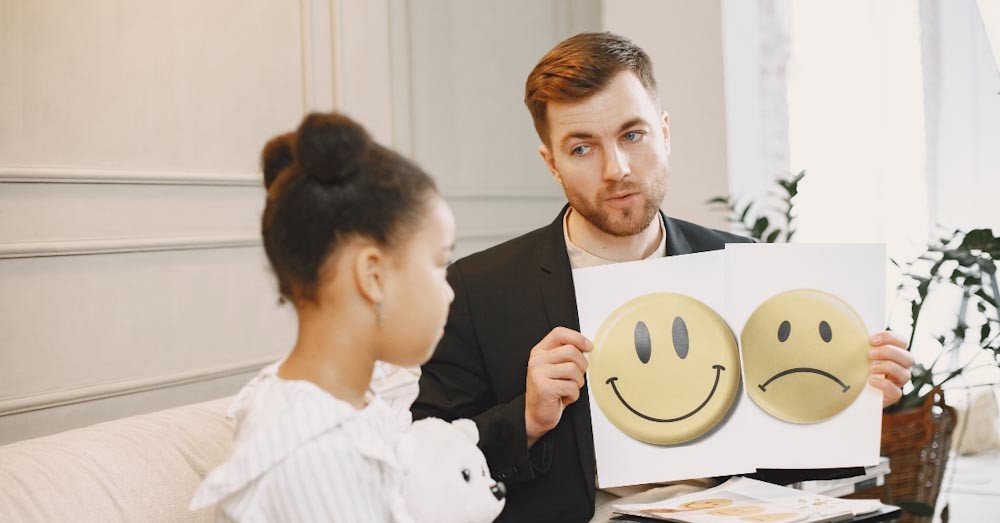
When I say that happiness is an emotion, I am contrasting the feeling of happiness with logical and rational thoughts. Therefore, we can’t simply state “I’m happy,” as technically speaking, we can say anything, even things that are not true. Instead, we actually need to feel it. We need to feel happy.
In this way, buying a brand new car may sound like a great idea because we believe it will make us happier. However, in practice, the positive joy that comes from owning a brand new car can subside as soon as we get used to having a new car, with studies concerning hedonic adaptation are now saying that this process can be rather fast, so be careful!
2. Happiness is a Positive Emotion

When I say that happiness is a positive emotion, I am contrasting it with a negative feeling. In this context, happiness can be defined as the whole range of positive emotions such as fun, excitement, and tranquility. Yes, all positive emotions are technically part of happiness. On the other hand, all negative emotions, such as boredom, annoyance, and hatred, fall under the category of “unhappiness.”
This often confuses people because they believe that happiness is somehow different from all the other positive emotions, and unhappiness is different from the negative ones. But it’s not. When we say “I want to be happy,” we are referring to the fact that we want to experience different positive emotions and avoid the negative ones. There are three levels of happiness that are possible:
- Increase positive emotions
- Less negative emotions
- Optimal Happiness – to feel as happy as we can feel for as long as possible.
3. Happiness is What We Have

In this modern consumption-driven world, we are often told to aspire towards certain materialistic achievements. However, our desire to have “more” can get us into trouble as it is limitless, inconcrete, and often unrealistic.
As such, when we want something, but we don’t have it we experience a negative feeling of lack of that something we desire. Respectfully, when we buy what they want, we close this gap in desire, which makes us, by this happiness definition, happy.
As such, when we want something but don’t have it, we experience a negative feeling of lacking that desired something. Respectfully, when we buy what we want, we close this gap and feel happy according to this definition of happiness.
However, the problem continues when we realize that we don’t just want one thing in life, but a range of things. In fact, we want improvement in virtually every area of life. By having all these desires, we doom ourselves to feel unhappy, which is a defining characteristic of our consumption-based society.
On a positive note, the remedy for our unhappiness can also be found in the definition of happiness. Simply put, we need to stop desiring “more” and instead become satisfied with what we already have today. This mindset will make us feel like we have enough and therefore we are enough. This leads to instant enlightenment and consequently, happiness. From this point on, any additional achievements are desired but not necessary for the sake of our happiness. Ultimately, we already live in the most technologically advanced society the world has ever seen, and it’s likely that most of us already have enough, so we can allow ourselves to feel happy.
4. Long vs Short-Term Happiness

Many people try to maximize their short-term pleasures and minimize short-term pain in an effort to find happiness. However, true happiness is a long-term emotion that cannot be achieved through temporary satisfaction. In fact, this pursuit of short-term pleasure often leads to unhappiness in the long run.
For example, let’s say we indulge in eating junk food today. In the moment, this may bring us a lot of pleasure. However, if we continue to make a habit out of eating junk food, it will eventually lead to health problems and ultimately make us unhappy in the long-term. On the other hand, if we make the effort to avoid junk food and work out on a regular basis, it may be challenging in the short-term but it will ultimately lead to a healthier body and therefore long-term happiness.
In this way, temporary pleasures are fleeting and easily forgotten, while having a healthy and fit body is a lasting achievement that can bring long-term happiness. This is why happiness is not a short-term goal but it is best experienced continuously over the long-term.
5. Happiness and Well-Being

When talking about happiness, we often refer to our sense of well-being. By this, we mean that our general sense of happiness or unhappiness is connected to how good or bad we feel about our lives overall, such as from moment to moment, hour to hour, day to day, and year to year. In this way, we could for example say that, generally speaking, we feel good, great, bad, or horrible about our lives.
We can even quantify this by giving it a percentage, such as feeling happy 99% of the time. Yes, this number is realistic, and we teach ways to achieve these levels of happiness in our happiness courses.
The Ultimate Happiness Formula
Overall, we not only want to understand what happiness is, but we also want to become as happy as possible, assuming that happiness is the #1 goal in life. Therefore, we don’t want to feel just a little bit happier or less sad; instead, we aspire to achieve our Optimal Happiness. We aim to optimize our personal lives, work, and environment to ensure that we are living our happiest and best lives.
The first step to achieving this is dream is to understand what is happiness on a deep level. If we can’t understand this, we won’t know what to aim for. Metaphorically speaking, any road will take us to Rome, but some roads will get us there easier and faster. So why waste time, money, and energy pursuing the elusive goal of happiness when we can choose the best and fastest road to this universally desired state?
That’s where Optimal Happiness comes in. We offer great content that we sincerely hope you like, but we also provide coaching to help people become their happiest selves. As part of this, we offer a FREE 30-minute coaching call to anyone who wants to be happy. Try it, and it might just change your life!
Stay positive and test negative!


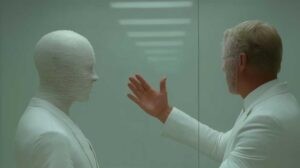





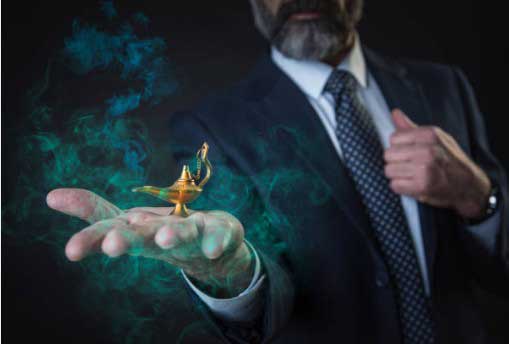



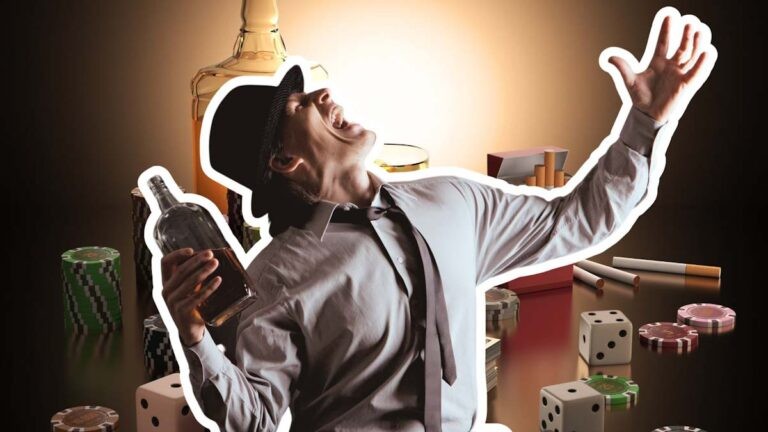
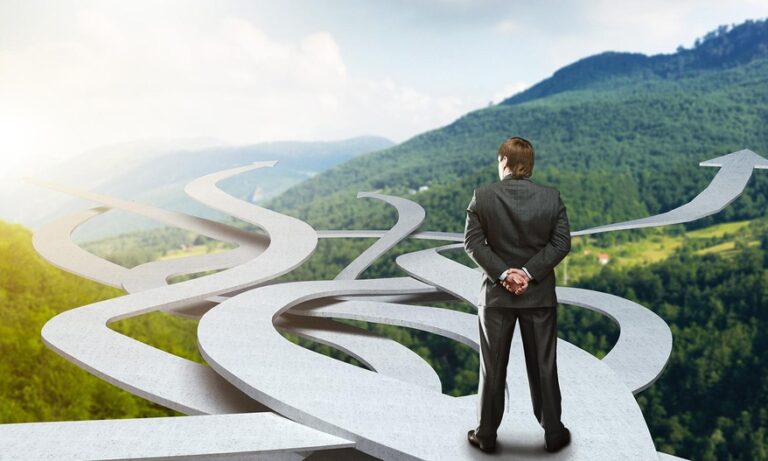


10 thoughts on “What is Happiness? The #1 Best Definition of Happiness”
Pingback: What is Ikigai? & What Does It Mean to Have One's Ikigai?
Pingback: What is Optimal Happiness? Plan, Mission, and Purpose
Pingback: Happiness AI: What is Happiness According to AI
Pingback: Happiness by Design by Paul Dolan (Book Review)
Pingback: Are Celebrities Happy? How To Be Happier Than a Celebrity
Pingback: I've Read 100+ Books on Happiness. Here is What I Found
Pingback: Happiness Is Not Individualistic - Optimal Happiness
Happiness 😊
Happiness is all about good relationships. https://greatergood.berkeley.edu/article/item/what_the_longest_happiness_study_reveals_about_finding_fulfillment. Or is it fair to say that we might want to bring in the word fulfillment? If you have kids, studies say this often makes you unhappier compared to people who don’t, and can use their resources to have more fun and not have to wake up again at 3am on a work day. But parents will often tell you that they nevertheless feel more fulfilled and would not exchange it for anything.
Great point, as relationships and fulfillment are indeed fundamental parts of the human experience. However, from my personal experience, I’m forced to wonder why people are still unhappy even if they have great relationships, money, power, etc. After all, we are living in the most technologically advanced society the world has ever seen, so if we ever had the tools to be happy, it’s today. Indeed, we have the tools to be happy, but the vast majority of people don’t know what they are, and therefore they are struggling with their unhappiness. It’s sad to see their suffering, which is completely unnecessary, especially given that there is an alternative. This is the message of my blog, book, and practice. Thank you for your support with a kind message and relevant information.